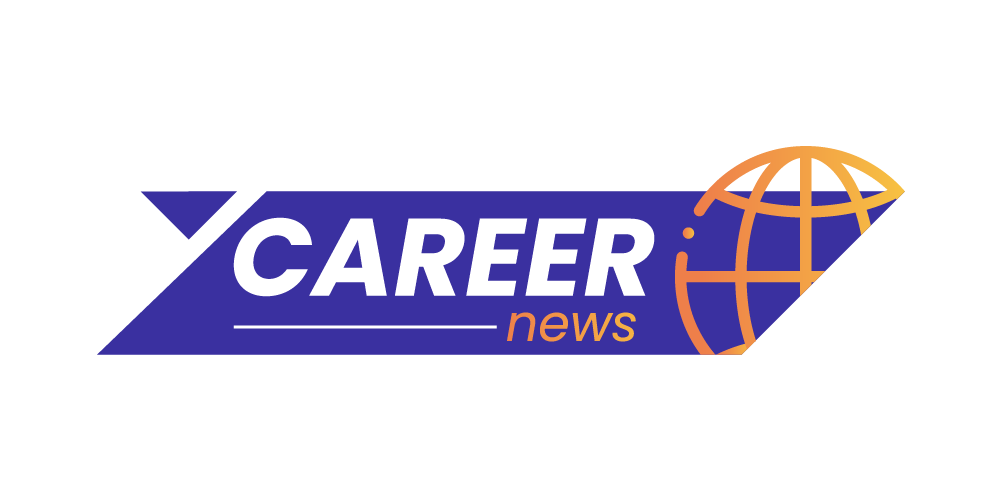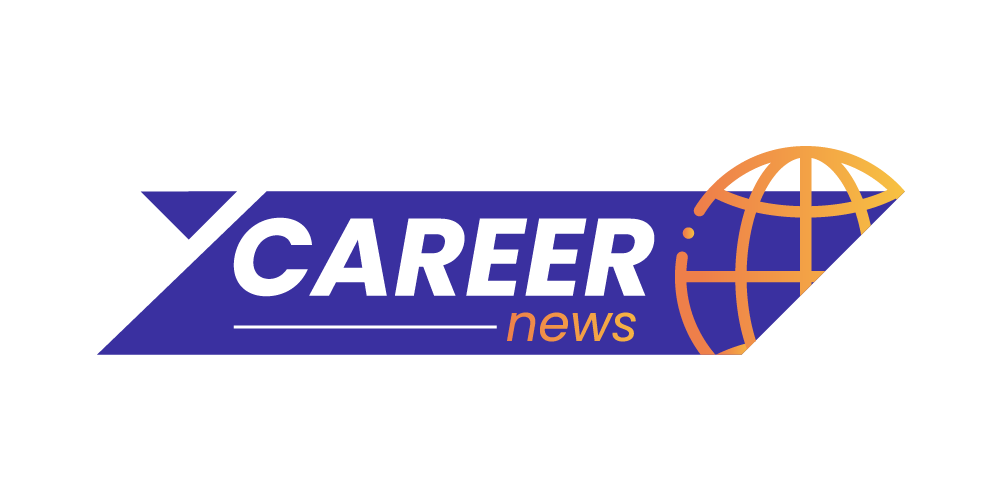Considering doing a remote job checklist? Have in mind hours, tools, tech, onboarding, metrics, and collaboration.
This guide will help you determine if a remote job is the right fit for you and how to thrive in it.
Additionally, think about the type of remote work (full-time, part-time, freelance, or contract), the pros and cons of working from home, and how well the job aligns with your personal work preferences and home office setup.
Before accepting, ask about the company’s remote culture, work flexibility, tech support, team communication, performance feedback, career growth opportunities, and any remote work challenges.
Definitions
Remote work means doing your job from somewhere that’s not the office, like your home. There are a few ways you can work remotely:
Full-Time Remote: This is when you always work from home and don’t go to the office at all.
Part-Time Remote: If you’re part-time remote, you work from home some days and go to the office on other days. For example, you might work from home on Mondays and Fridays but go to the office on the other days.
Freelance: Freelancers work for themselves and take on projects from different clients. They always work from home but their work and pay can change a lot.
Contract: Contract workers are hired for a specific time to do a project. They work from home like they’re full-time but only for a while, like a few months or up to two years.
Types of Remote Jobs
Each way of working remotely has its own setup, like how much you’ll work, what benefits you get, and how steady your job is:
Full-Time
- You have a regular schedule like you would in an office.
- You usually get the same benefits as office workers.
- Your job is more stable and organized.
Part-Time
- You have more say over your schedule.
- You might get some benefits, depending on how much you work.
- You have more freedom but less of a set routine.
Freelance
- You pick your projects and make your own schedule.
- You don’t get benefits and have to handle your own taxes.
- Your income can go up and down, but you’re totally in charge.
Contract
- You work full-time but only for a short time.
- You might get some benefits from the company that hired you.
- Your work is focused on specific projects for a certain time.
When you’re thinking about taking a remote job, make sure you understand what kind of work it is and if it matches what you’re looking for in terms of schedule, benefits, and job security.
Pros and Cons of Remote Work
Working from home sounds great, but it has its ups and downs. It’s important to think about these before you decide to take a remote job.
Pros
More freedom - You don’t have to travel to work or stick to office hours, so it’s easier to fit in other things you need or want to do. This can make you happier because you have a better balance between work and life.
Saves money - Working from home means you spend less on things like gas, bus tickets, eating out, and work clothes. This can add up to a lot of saved money over time.
You might do more work - People working from home often get more done because there are fewer distractions, and they can set up their workspace just how they like it.
Your own workspace - At home, you can set up your office exactly how you want, with things like a comfy chair, a big desk, or a quiet spot.
Cons
But, there are also some not-so-great things to think about:
Feeling lonely - Not seeing your coworkers in person can make you feel cut off and might hurt how well you work together or come up with new ideas. Video calls don’t fully make up for not being around people.
Relying on tech - If your internet is slow or something breaks, it can be a big hassle. Help from IT might not come right away.
Easy to get distracted - It can be hard to ignore things like TV, housework, pets, or family when you should be working. You need to be good at managing your time and staying focused.
Might miss out on opportunities - When you’re not in the office, you might be overlooked for promotions or special projects. Plus, not seeing your bosses and coworkers can make it harder to build relationships.
Think about what you need, what you like, and how you work best to decide if working from home is right for you.
Key Questions to Ask Before Accepting

Before you say yes to a work-from-home job, it’s smart to ask some questions to make sure you know what you’re getting into. Here’s what you should find out:
Remote Culture and Policies
How does the company feel about remote work? Have they been doing it for a long time? That might lead you to question how many people work from home. Can you meet your coworkers face to face sometimes?
Work Hours and Flexibility
When do they expect you to work, and can you choose your hours? Is your team in different time zones? How does that work out?
Technology and Equipment Support
What kind of computer or software will they give you? What do you have to handle on your own? If you have tech problems, how do you get help? How quickly do they respond?
Team Communication and Collaboration
What apps or websites do you use to talk to your team?
Performance Evaluation and Feedback
How will they decide if you’re doing a good job? When and how will they tell you how you’re doing?
Career Growth Opportunities
Is there training for new employees? What about moving up in the company?
Remote Work Challenges
What problems have other work-from-home employees had? How did the company help?
Asking these questions helps make sure you and the company are on the same page. It’s a good way to figure out if the job fits what you’re looking for.
Evaluating Personal Fit

Working Style and Preferences
Thinking about how you like to work is key when you’re looking at remote jobs. Here are some things to keep in mind:
- Need for structure: Do you like having a set schedule or do you want to pick your own hours? Can you keep yourself on track without someone watching over you?
- Desire for social interaction: Will you miss hanging out with coworkers at an office? Think about if you might feel lonely working by yourself all the time.
- Communication preferences: Do you like having lots of meetings and updates, or do you work better on your own? Make sure the job fits how you like to communicate.
- Oversight and feedback: How much do you need your boss to check in on you and give you feedback? Check that the job matches what you’re looking for.
- Motivations: Are you good at getting things done on your own, or do you need someone to keep you on track? Make sure you can stay focused when you’re working by yourself.
If you like being on your own, making your own schedule, and working without much oversight, remote work might be a good fit. But, if you prefer a regular schedule, being around people at work, and having your boss check in often, it might not be right for you.
Home Office Setup
For optimal remote work, prioritize a dedicated workspace away from distractions, ensure reliable technology, and address potential noise issues.
Consider investing in noise-canceling headphones or finding alternative quiet locations, like a coffee shop, if necessary.
Ultimately, creating a conducive environment conducive to focus and productivity is essential for successful remote work arrangements.
Final Considerations
Before you jump into a remote job, think about how it fits with what you want for your future, both in your job and life. Here are a few last points to chew on:
Career Trajectory
Ask yourself if this job will help you move forward in your career. Does it teach you new things and open doors, or could it hold you back?
Proceed to check if the company offers training, guidance, or chances to move up. Know how you can grow in this job.
Lifestyle Fit
Look at how the job’s schedule fits with your daily life and other things you have going on. Make sure you can balance work and personal time. Think about any changes you might need to make in your life to do well in this job. Decide if you’re okay with those changes.
Trial Period
If you can, try asking for a short test run of the job to see what it’s really like, seeing this as a chance to see if you like the work and if it suits you.
Taking a moment to think about these things can help you make sure you’re making a choice that’ll make you happy and successful in the remote job, both now and down the road.
Don’t rush into a decision without thinking about these important parts. Choose wisely to help move your career and life in the direction you want.
Conclusion
Before embracing job position, remember to review this remote job checklist and carefully weigh factors such as your preferred work style, the company’s remote culture, and potential challenges like isolation or technological support.
Evaluate the job’s alignment with your career goals, lifestyle, and opportunity for growth. Consider requesting a trial period to test compatibility.
Ultimately, prioritize making an informed decision that aligns with your long-term career and personal aspirations, ensuring a fulfilling and successful remote work experience.

Related Posts:
- Elevate Your Career: Insider Tips for 3D Developer Job Application
- How to Set Up a Home Office for Remote Work
- Free Remote Job Offer Template for Offshore Workers



